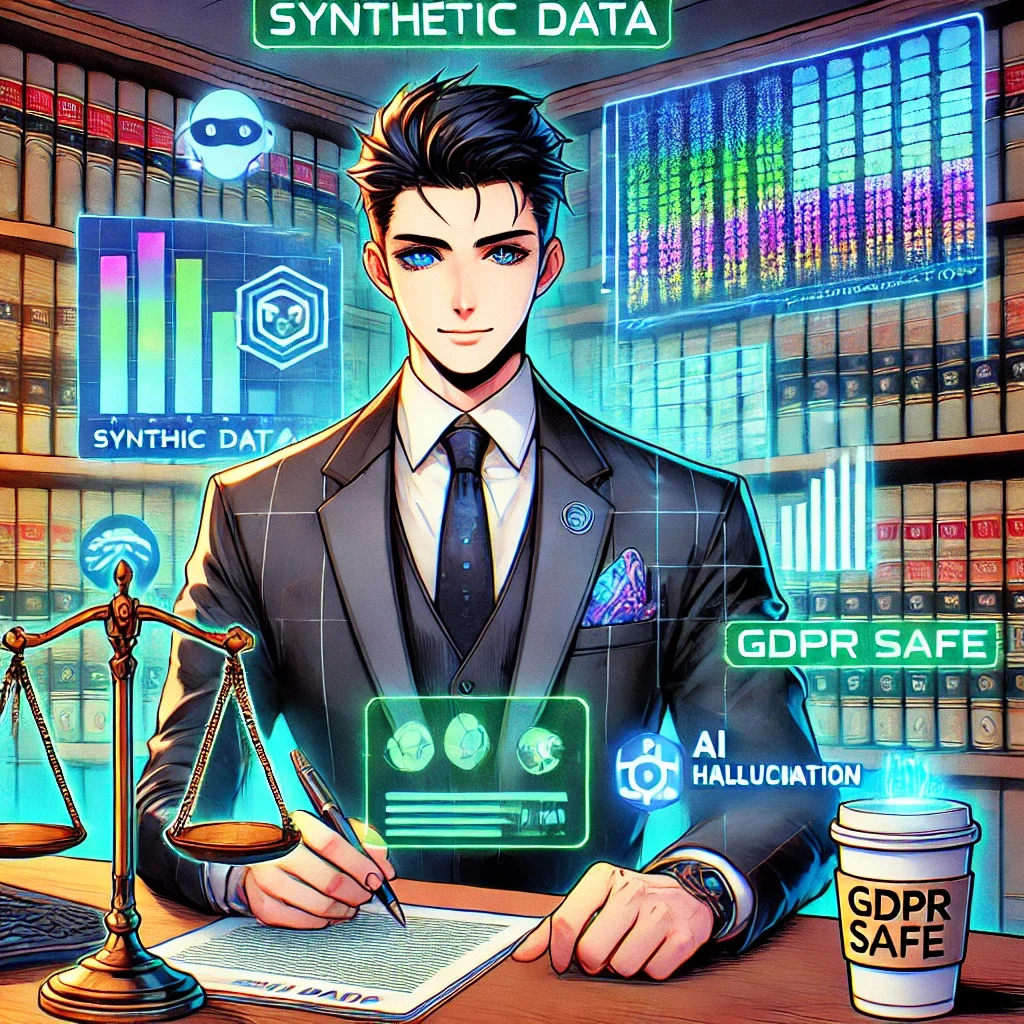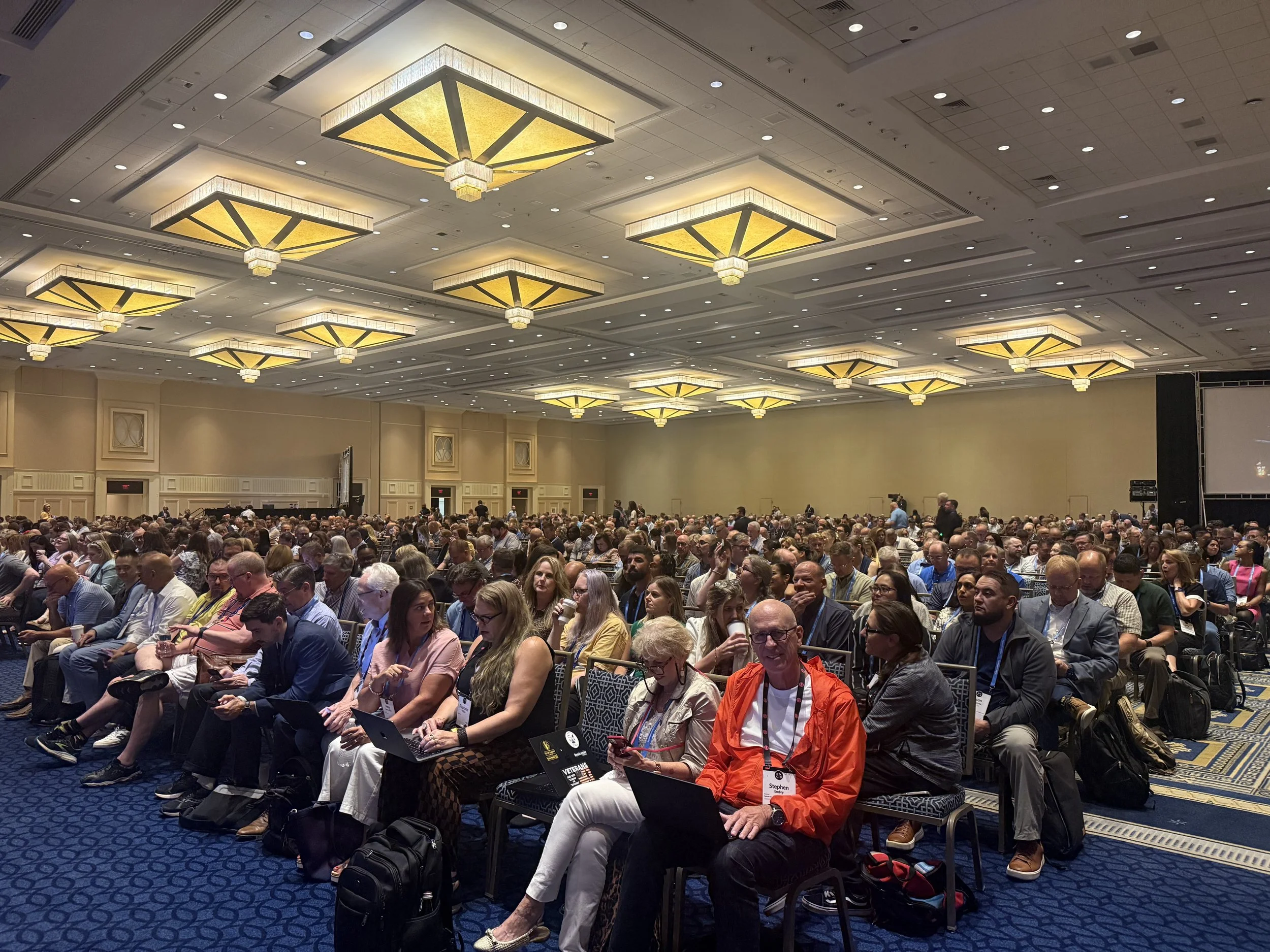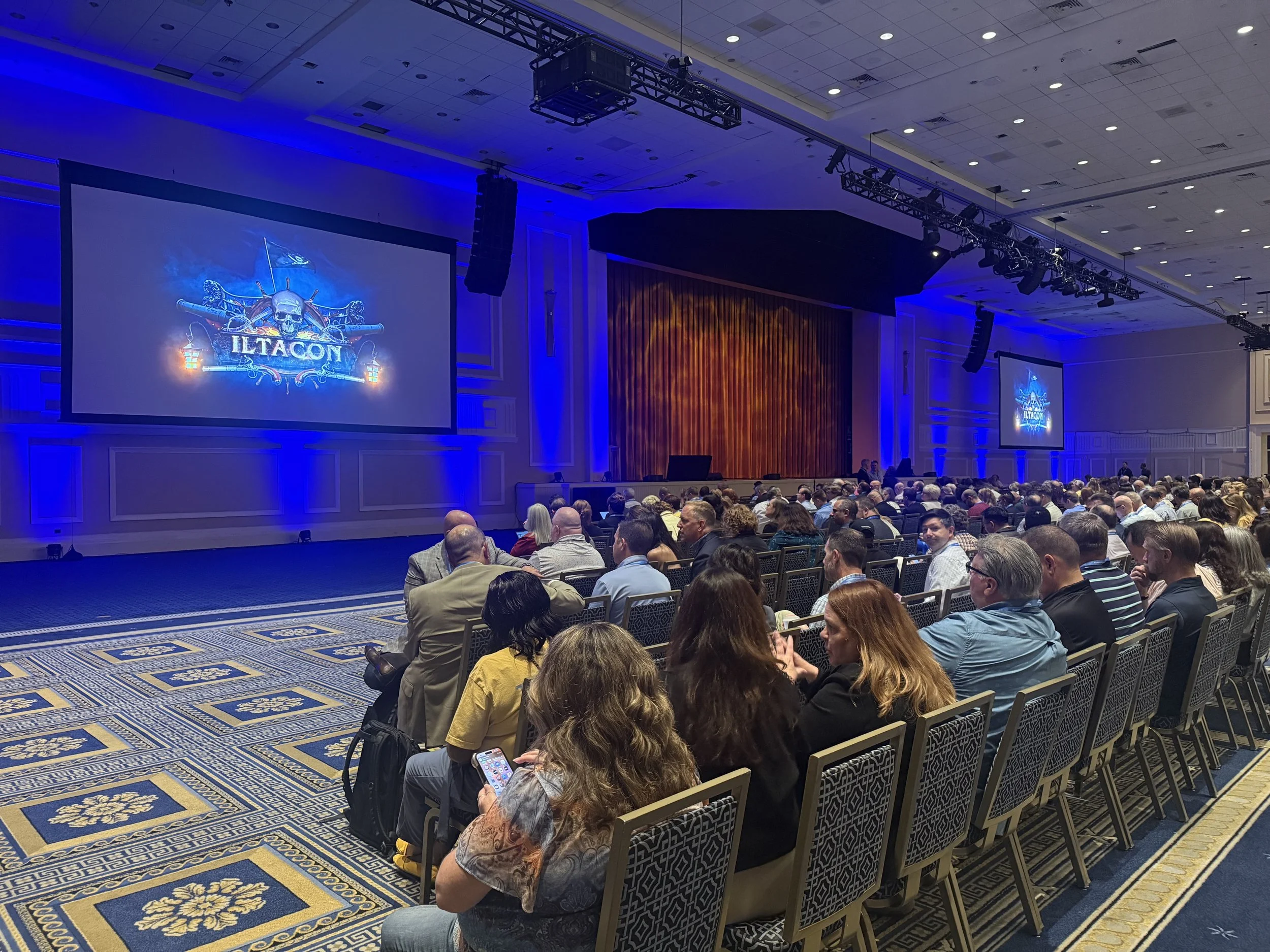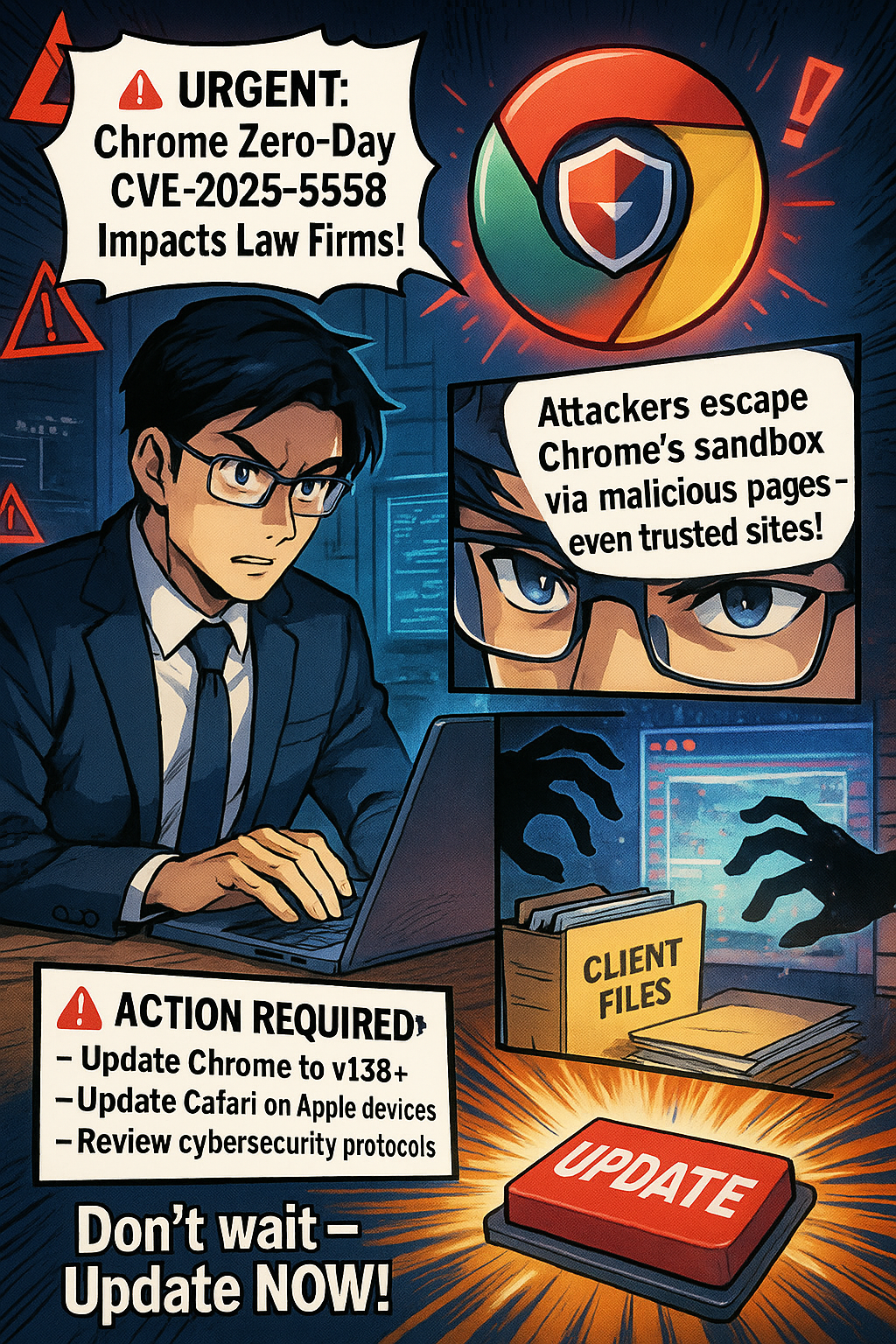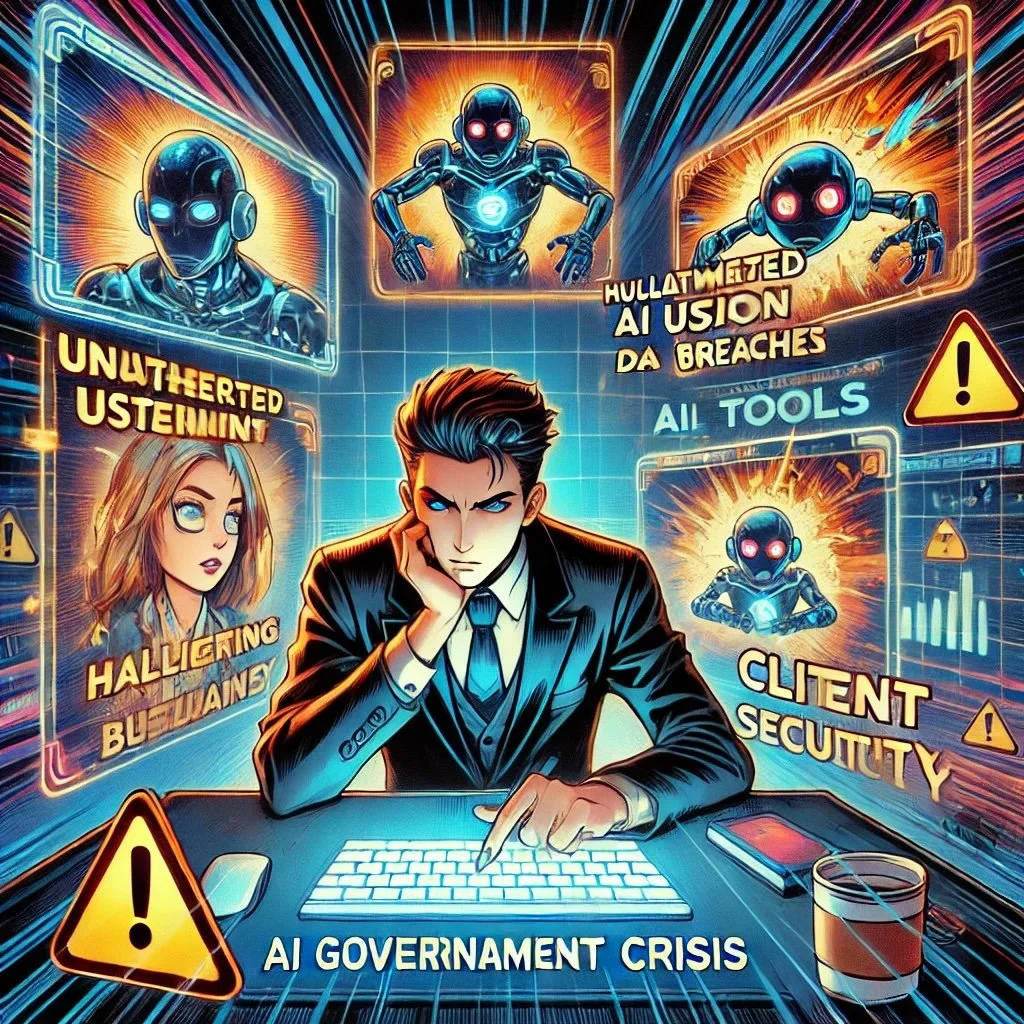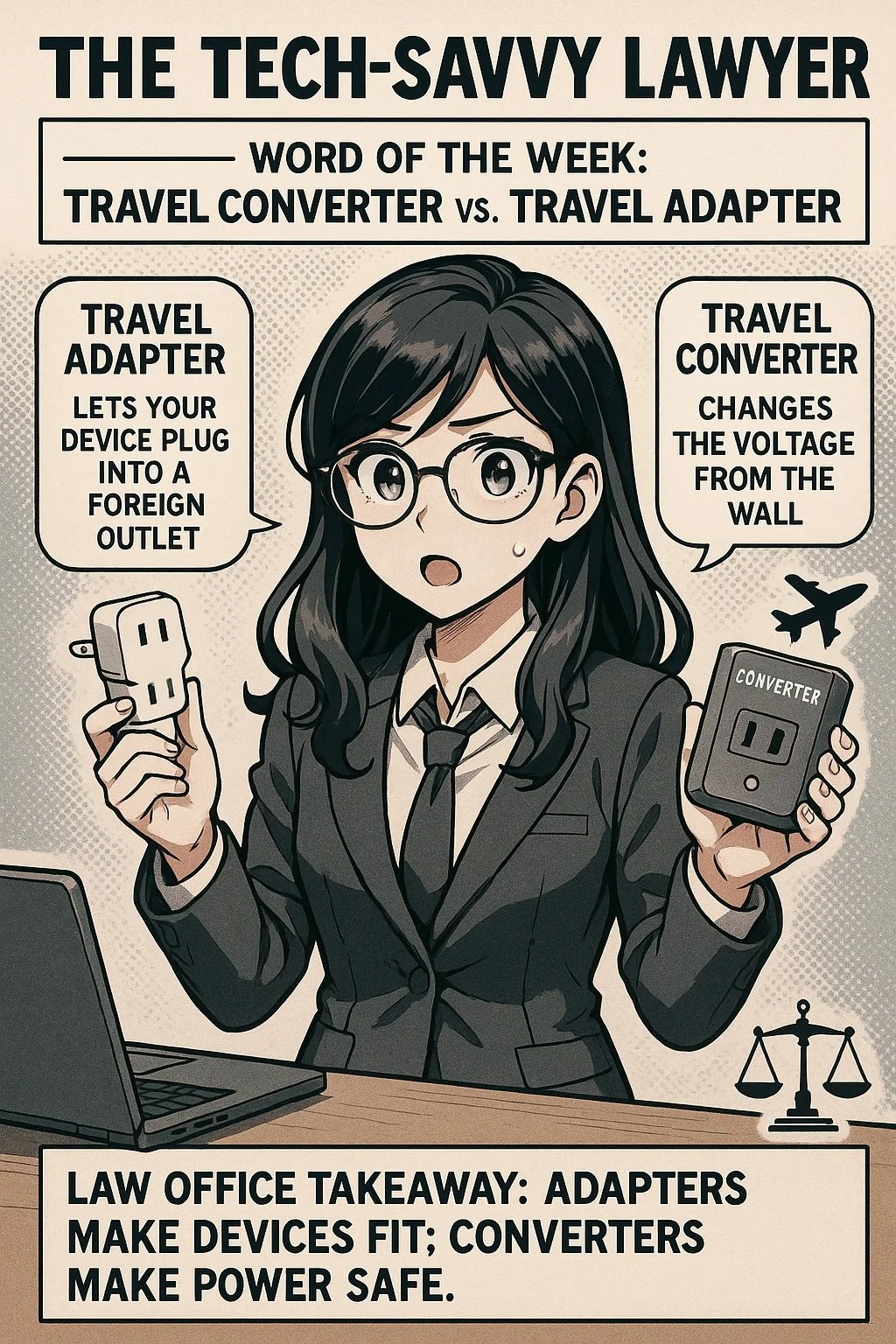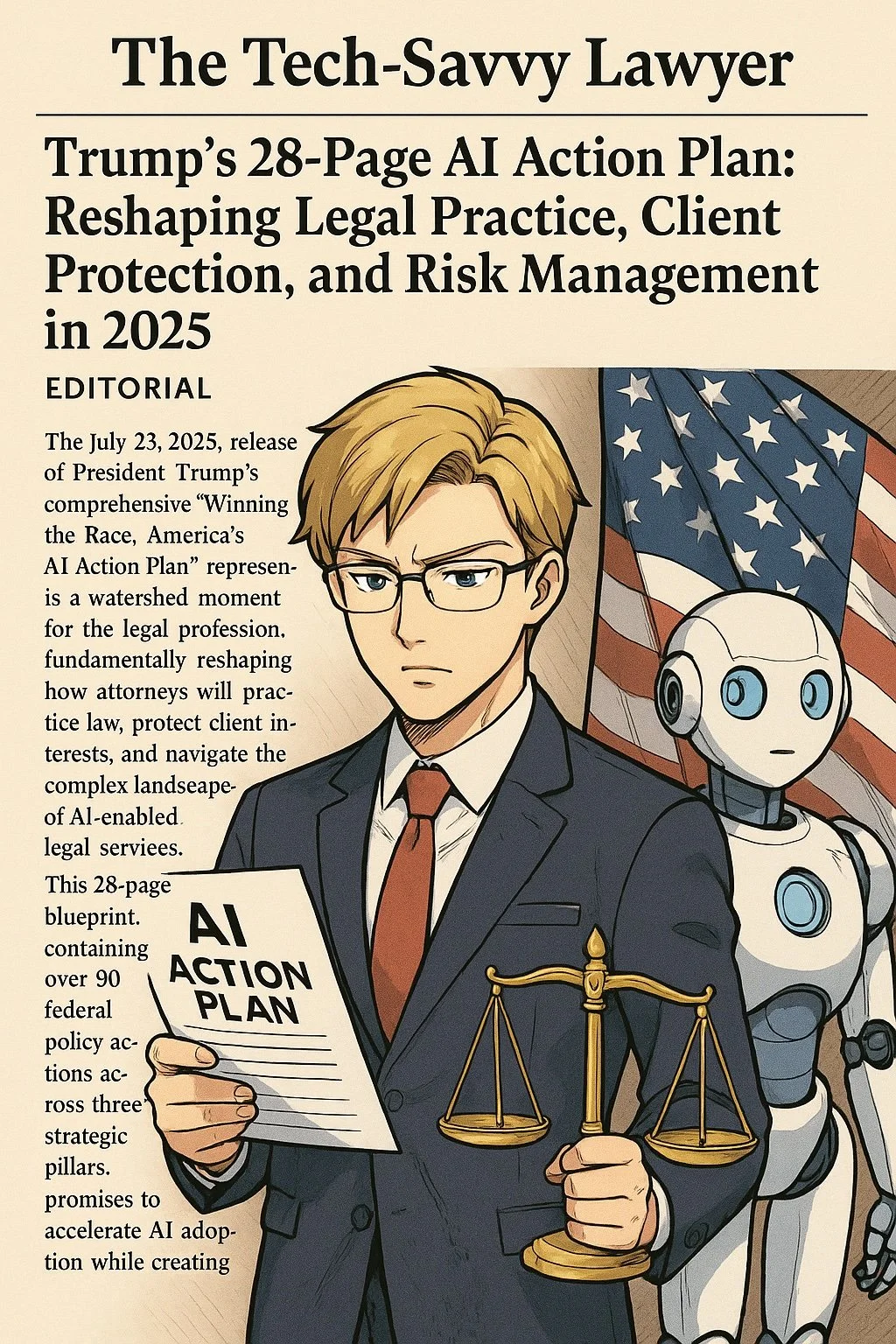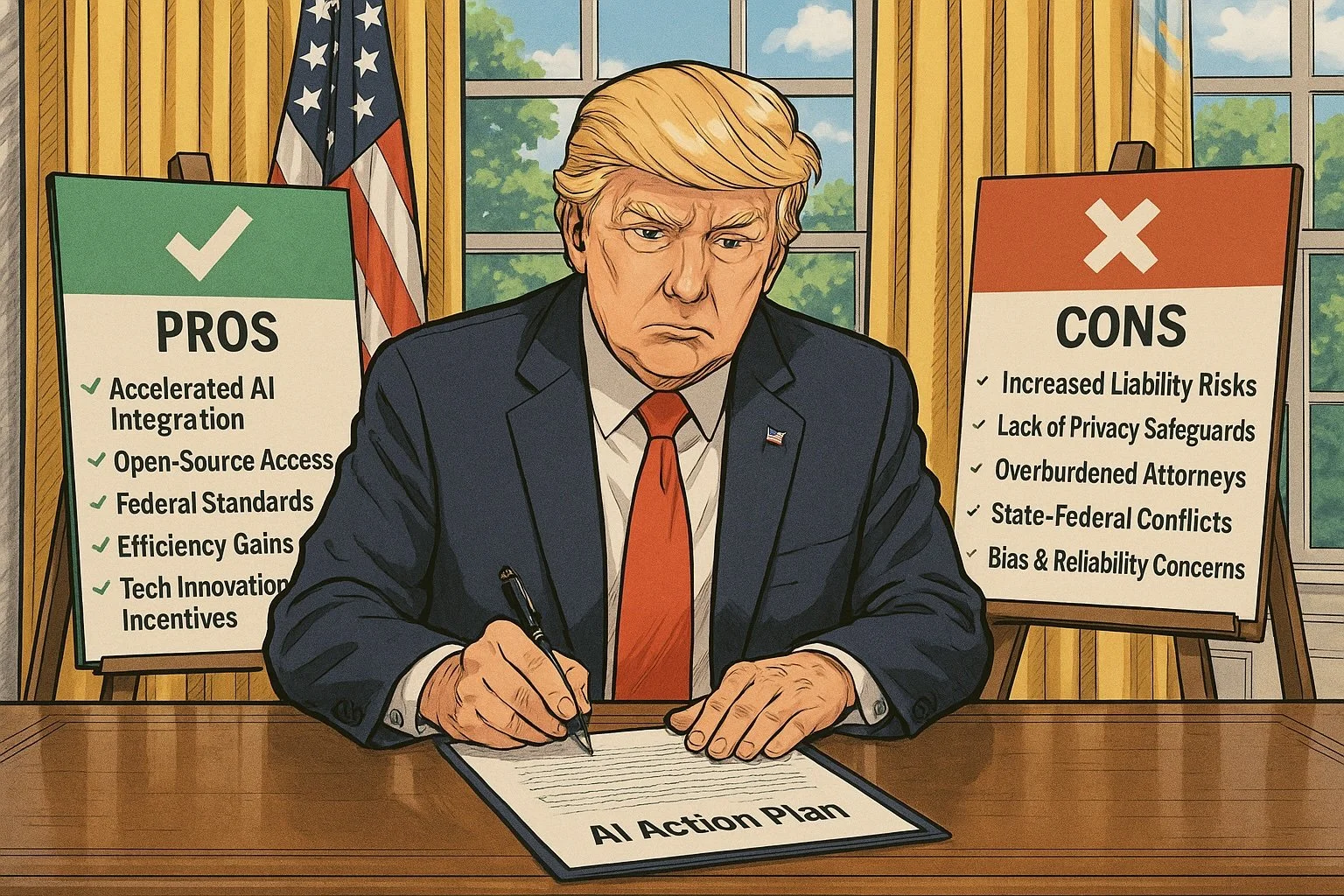Word of the Week: Synthetic Data 🧑💻⚖️
/What Is Synthetic Data?
Synthetic data is information that is generated by algorithms to mimic the statistical properties of real-world data, but it contains no actual client or case details. For lawyers, this means you can test software, train AI models, or simulate legal scenarios without risking confidential information or breaching privacy regulations. Synthetic data is not “fake” in the sense of being random or useless—it is engineered to be realistic and valuable for analysis.
How Synthetic Data Applies to Lawyers
Privacy Protection: Synthetic data allows law firms to comply with strict privacy laws like GDPR and CCPA by removing any real personal identifiers from the datasets used in legal tech projects.
AI Training: Legal AI tools need large, high-quality datasets to learn and improve. Synthetic data fills gaps when real data is scarce, sensitive, or restricted by regulation.
Software Testing: When developing or testing new legal software, synthetic data lets you simulate real-world scenarios without exposing client secrets or sensitive case details.
Cost and Efficiency: It is often faster and less expensive to generate synthetic data than to collect, clean, and anonymize real legal data.
Lawyers know your data source; your license could depend on it!
📢
Lawyers know your data source; your license could depend on it! 📢
Synthetic Data vs. Hallucinations
Synthetic Data: Created on purpose, following strict rules to reflect real-world patterns. Used for training, testing, and developing legal tech tools. It is transparent and traceable; you know how and why it was generated.
AI Hallucinations: Occur when an AI system generates information that appears plausible but is factually incorrect or entirely fabricated. In law, this can mean made-up case citations, statutes, or legal arguments. Hallucinations are unpredictable and can lead to serious professional risks if not caught.
Key Difference: Synthetic data is intentionally crafted for safe, ethical, and lawful use. Hallucinations are unintentional errors that can mislead and cause harm.
Why Lawyers Should Care
Compliance: Using synthetic data helps you stay on the right side of privacy and data protection laws.
Risk Management: It reduces the risk of data breaches and regulatory penalties.
Innovation: Enables law firms to innovate and improve processes without risking client trust or confidentiality.
Professional Responsibility: Helps lawyers avoid the dangers of relying on unverified AI outputs, which can lead to sanctions or reputational damage.
Lawyers know your data source; your license could depend on it!


